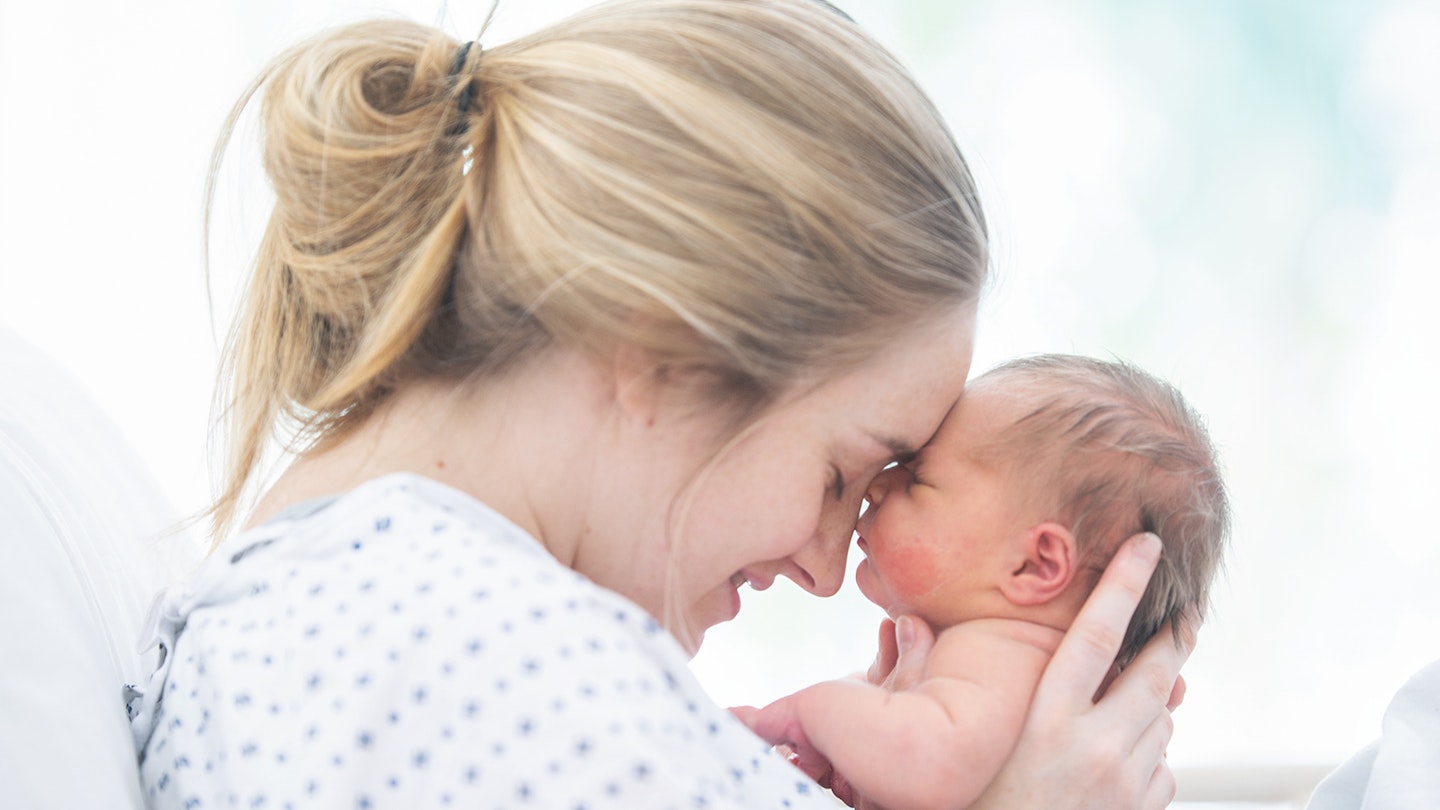There’s nothing lovelier than your child’s smell, but a new study suggests it affects more than just your nose...
Your baby’s scent beats any amount of your favourite Marc Jacobs perfume – and there’s a reason why.
Turns out it actually triggers a part of your brain that brings out your caring, thoughtful and rational side, according to new Japanese research.
The study by Nagasaki University looked at 38 women, half of who were mums, and blindfolded them before introducing them to a series of smells, including that of a newborn baby.
Scientists discovered that the infant smell brought out the strongest reaction in the parents of the group, as well as significant changes in a specific area of their brain – the prefrontal cortex (PFC). This part is responsible for helping you make decisions and think rationally.
The infant smell brought out the strongest reaction in the parents
In fact, they reckon it’s becoming a mum that actually alters your PFC and the way it reacts to a newborn smell, better preparing you for looking after your baby.
'Taken together, our finding suggests that the response of the PFC toward infant odours is changed when women become mothers,’ wrote the researchers.
'This could be important for mothers caring and fulfilling the unique demands of their children.’
The idea is your body’s gearing up to make you even more keen to get hands-on with your baby.
Evolution is clever, huh!
